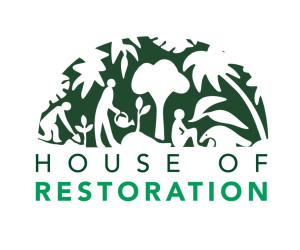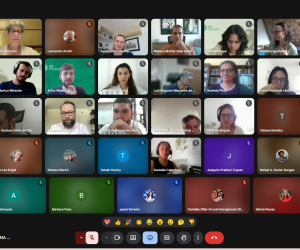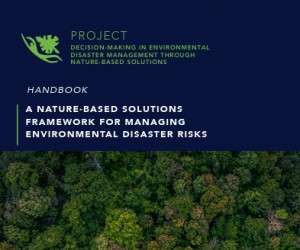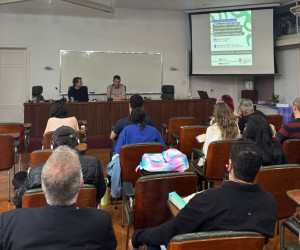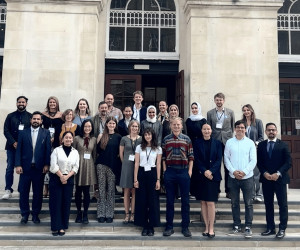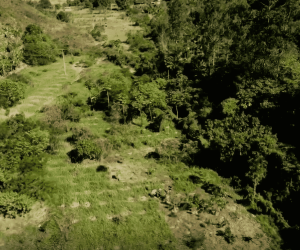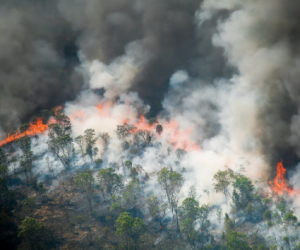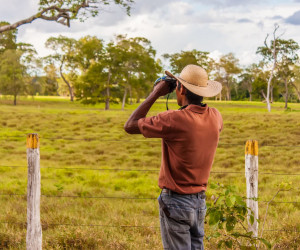Publications > Summary
Policy Brief: The European Union-Mercosur Trade Agreement: a solution for trade-related habitat loss in Brazil?
Brazil is the largest agricultural exporter to the European Union (European Commission, 2021). As habitat conversion is linked to Brazilian agricultural production, European demand has been linked to habitat loss. This growing public awareness has raised concerns about the potential environmental impacts of the European Union-Mercosur Trade Agreement (EMTA) in Brazil.
Indeed, the agreement may potentially lead to further habitat conversion to accommodate the expansion of Brazilian pasturelands and agricultural areas, resulting in biodiversity loss and affecting the provision of ecosystem services. However, the environmental risks of EMTA can be minimized by efficient land use planning and integrated landscape management. In this sense, the identification of priority areas for ecosystem restoration, nature conservation, and land-use conversion are crucial to improve the cost-effectiveness of land and optimize this planning. In addition, public and private instruments in the international and national arenas are required to avoid habitat loss in Brazil.
Although the EMTA will not address all trade-related habitat conversion risks, it can contribute to strengthen the multilevel institutional and policy framework necessary to restrain biodiversity loss and promote sustainable land use, alongside the following recommendations:
- 1. Transition to greener trade agreements;
- 2. Robust integrated landscape management;
- 3. Transparency and accountability in supply chains;
- 4. Stronger multi-stakeholder engagement.
This output was produced by IIS and funded by the UK Research and Innovation’s Global Challenges Research Fund (UKRI GCRF) under the Trade, Development and the Environment Hub project (project number ES/S008160/1).

